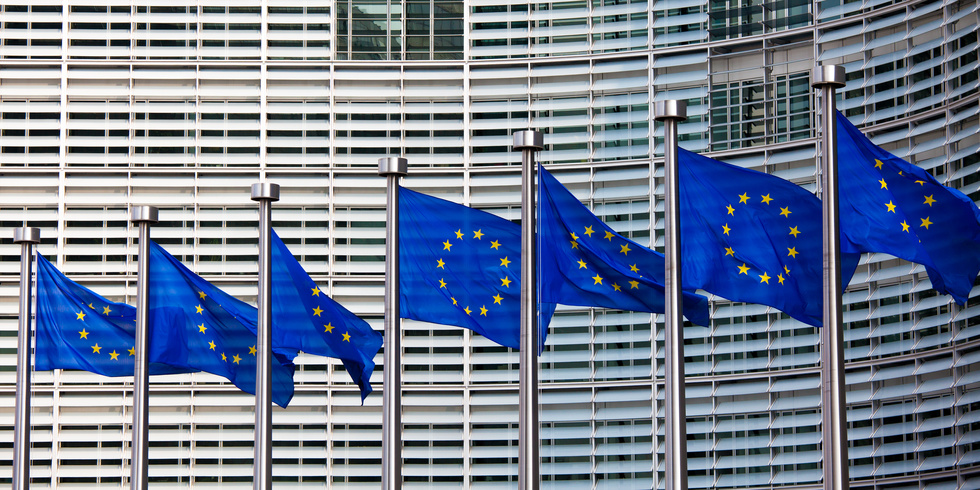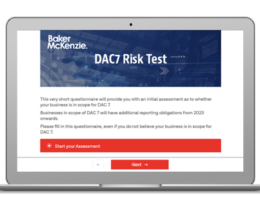In this session, we covered the expected implications for VAT audits going forward and gave an overview of the expected areas of focus. VAT and customs often go hand in hand, hence we also covered customs audits and investigations which are very complex and are often difficult to handle for groups due to limited compliance resources in this field. We also took this opportunity to touch upon the difficulties faced by companies regarding the different sanction packages adopted by the EU Commission and uncovered what a typical trade investigation looks like and what the focus areas are. Finally, we provided recommendations on how to best avoid an adverse outcome by implementing quality control and monitoring procedures.
To enhance the fight against VAT fraud in the field of cross-border e-commerce transactions, Belgium has adopted on 23 March 2023 the law requiring payment service providers to keep detailed records of transactions involving online merchants and pass them on to the Belgian tax authorities.
The secret is out, this will most likely not be news to you but there is a strong interplay between Transfer Pricing, Customs and VAT. Even though income tax authorities may have different views in how they consider valuation from a TP perspective and the valuation structure recognized by customs authorities, we can no longer ignore that a company’s TP policy/adjustments will affect their cross-border transactions of tangible goods and ultimately impact their dutiable/VAT position.
On June 9, 2022, the European Court of Justice issued its decision in case C-599/20 (Baltic Master UAB). This case provides more clarity on the concept of related persons, which allows customs authorities to disregard the transactions value and instead use different valuation methods to determine the customs value of imported goods. EU customs law provides for an exhaustive list in determining when (legal) persons are related and in which situations customs authorities can substantiate such a relationship.
Last year, Belgium introduced DAC 7 “light” reporting obligations for digital platform operators in the sharing and gig economy in anticipation of the implementation of the EU DAC 7. The legal provision that implemented the DAC 7 “light” reporting obligations remained vague however and left open quite some questions in practice with further implementation measures that needed to be taken. The Belgian tax authorities published a FAQ on Monday 14 January 2022. the FAQ clarifies the legislation and provides for the necessary implementation measures in view of the first reporting deadline, which is 31 March 2022.
In March 2021, the EU approved new reporting rules in a directive known as DAC7. The directive will require the operators of online platforms for the sale of goods and certain services, to collect, verify and share data on their sellers and their transactions concluded on the online platform. EU member states have until 31 December 2022 to implement DAC7 into national law. Certain platform operators will become a reporting platform and will need to start collecting and verifying data points in compliance with the DAC7 reporting requirements. The collected data points must be reported to the tax authorities of the relevant EU member state annually.
In anticipation of the EU DAC 7 initiative, Belgium has recently introduced “DAC 7 light” reporting obligations for digital platform operators in the sharing and gig economy. The goal is to render the income realized by service providers through these platforms more transparent and to prevent avoidance or fraud from a tax and social security perspective.






